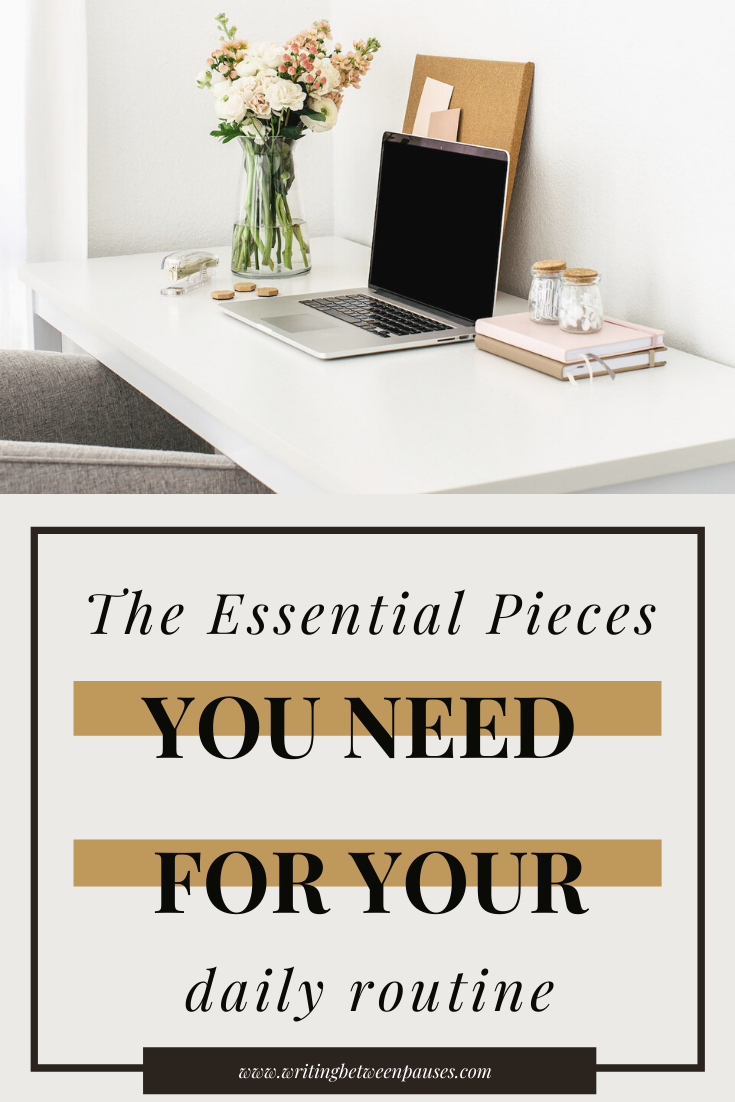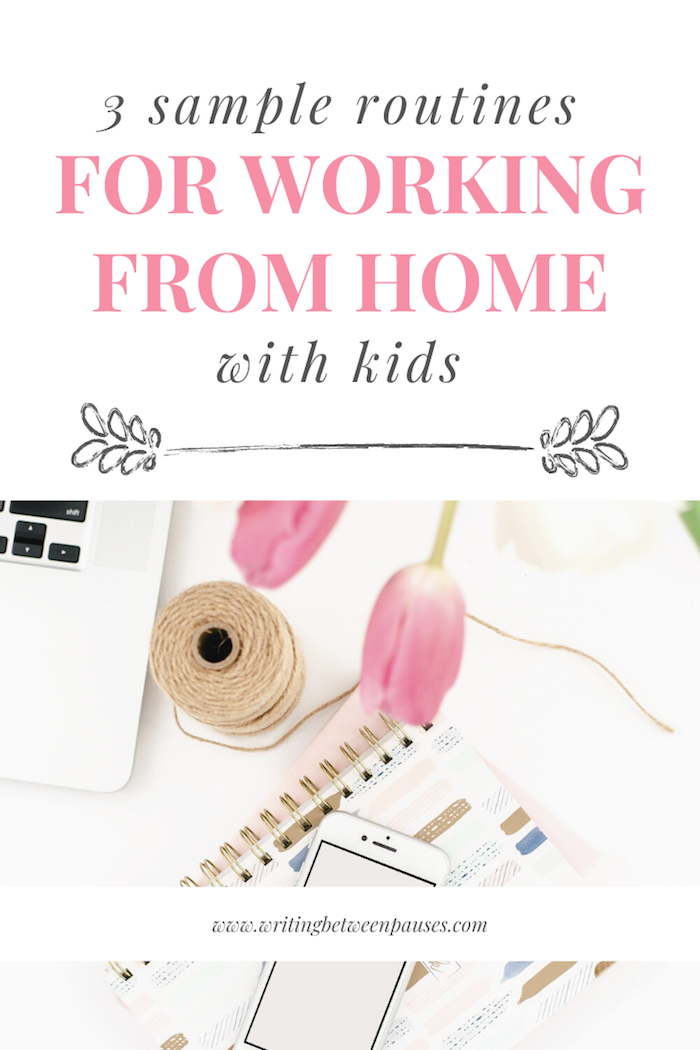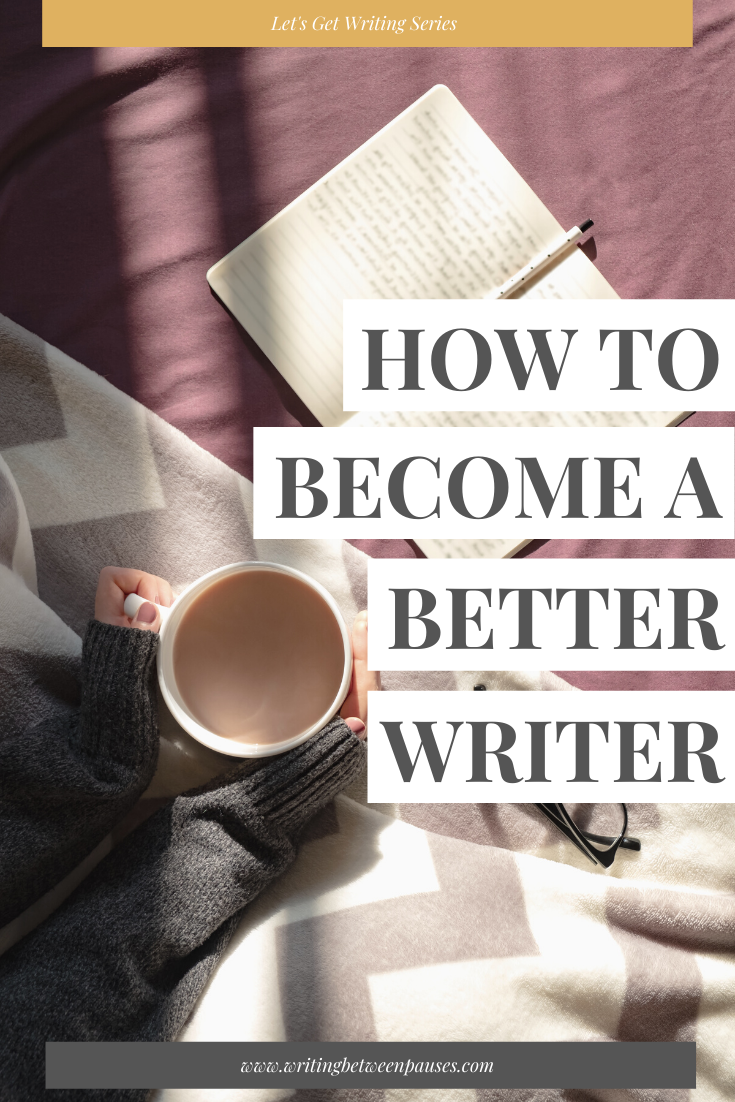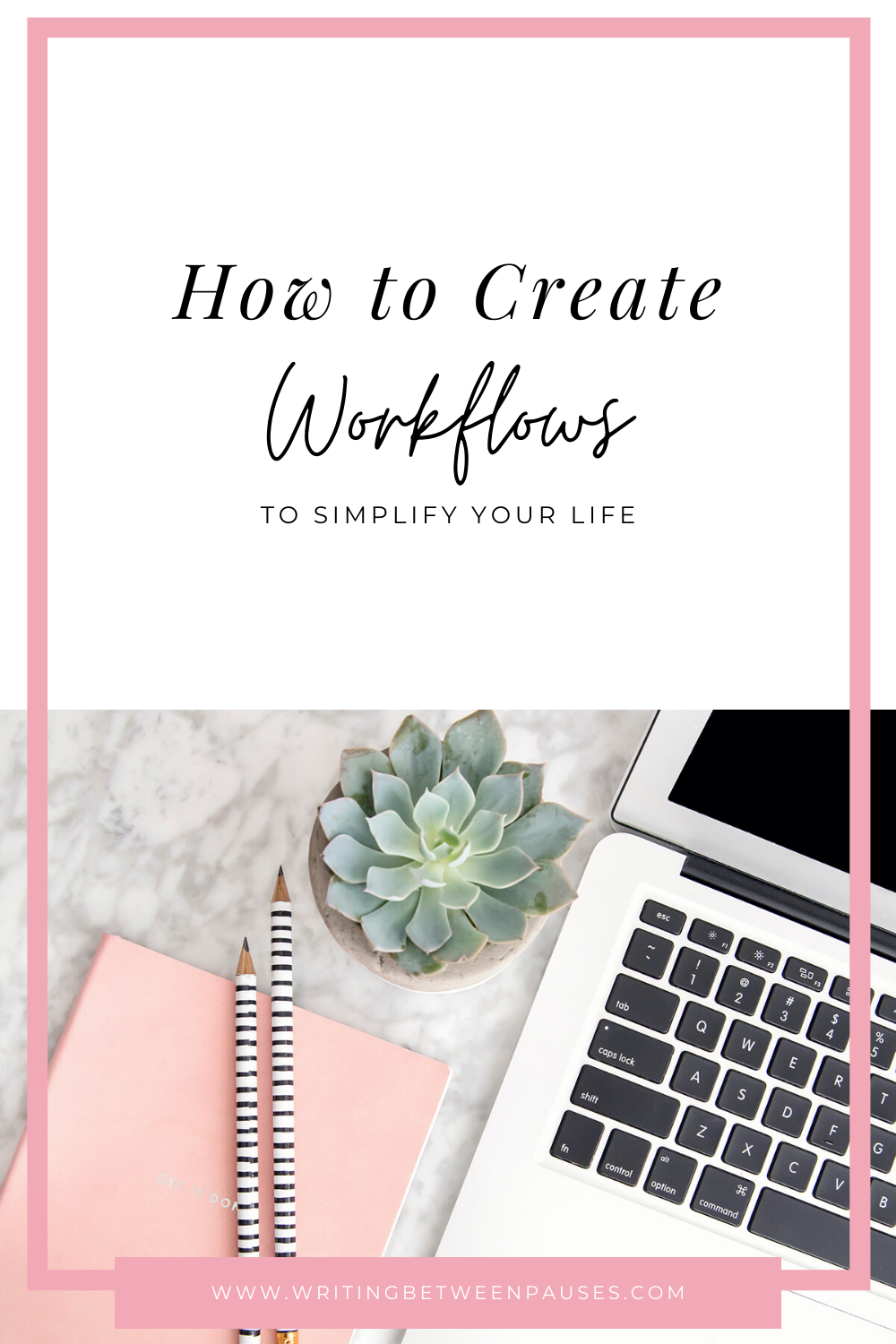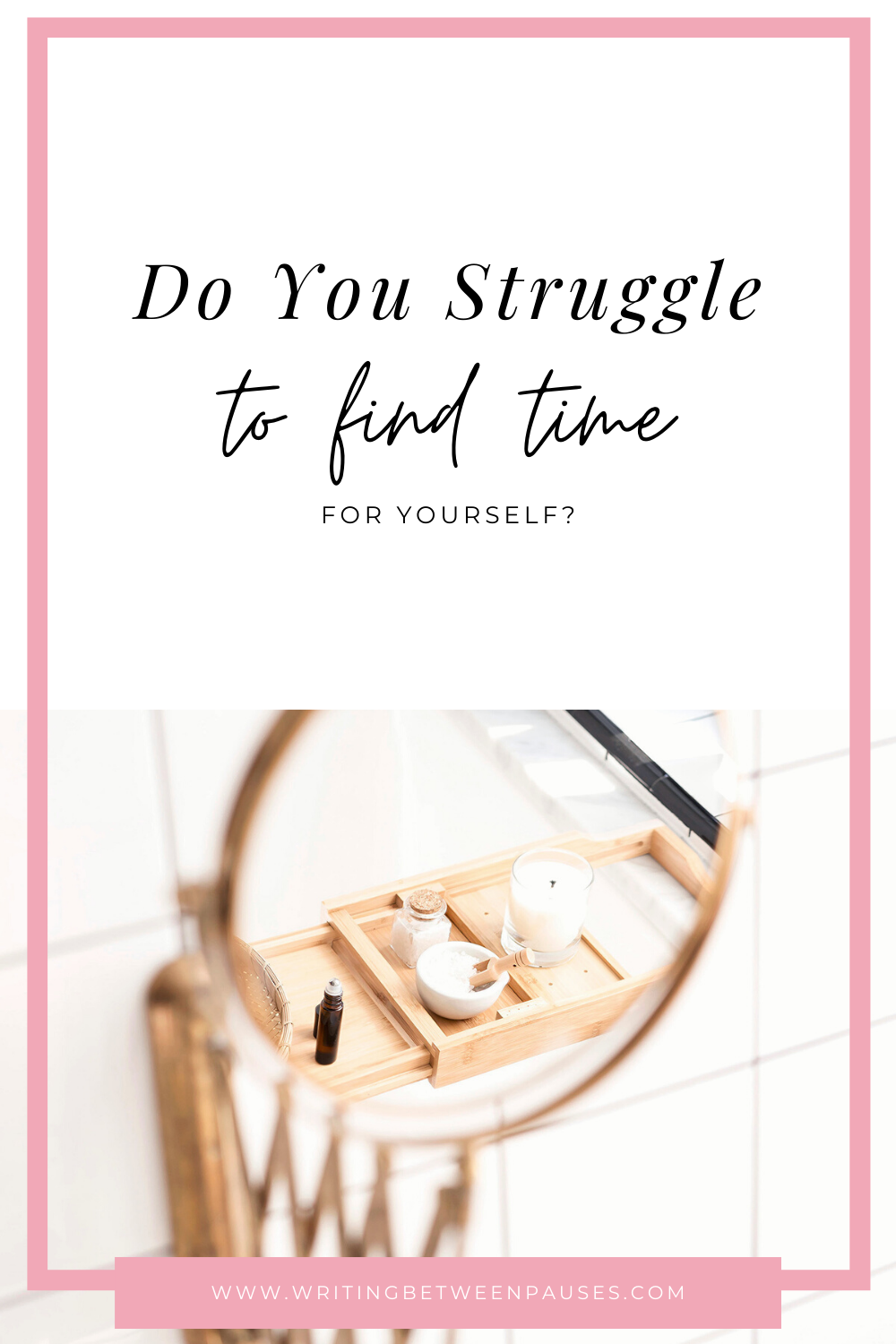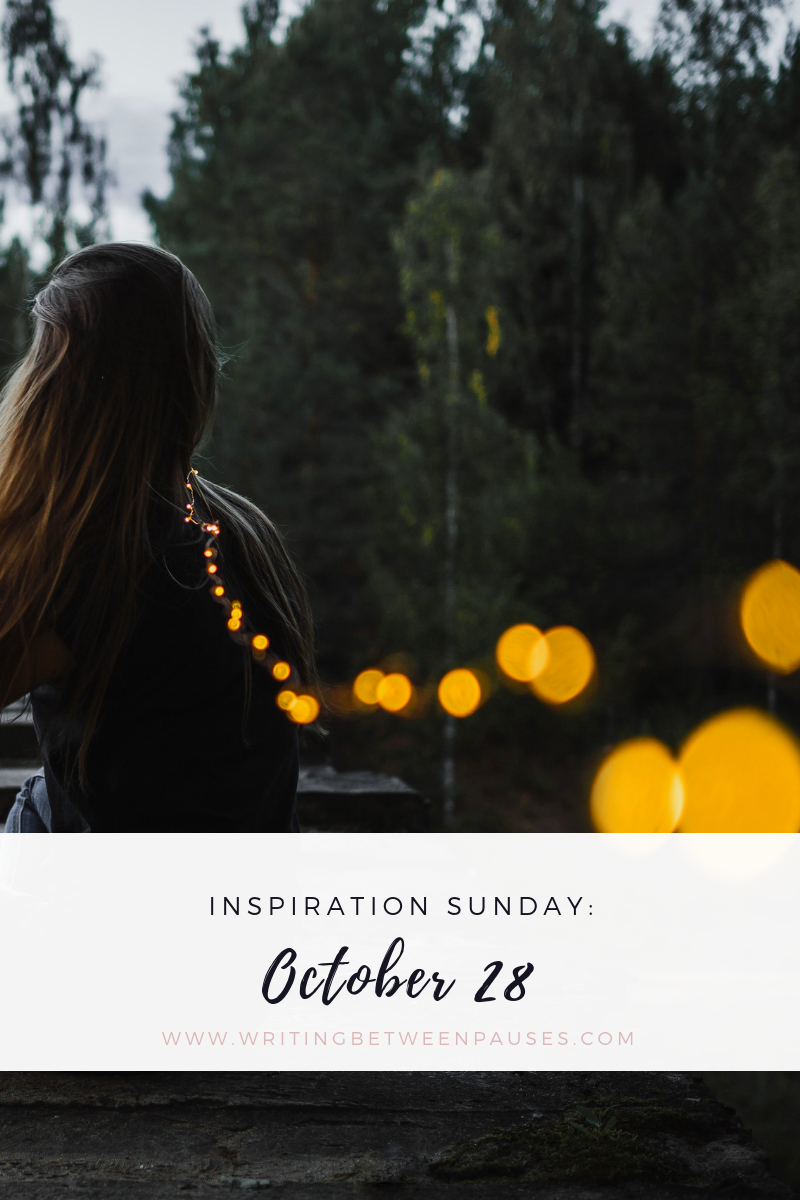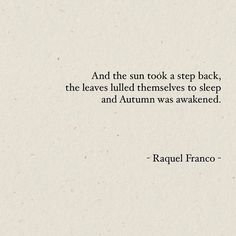5 years ago, Danny & I bought our first home together. It wasn’t perfect. There were a lot of things, right from the get go, that we didn’t love. We had our home built on land I already owned, so we considered it our forever home.
Fast forward a few years: several job changes, a pregnancy, a newborn turned toddler turned preschooler… and suddenly that house just wasn’t right anymore. It felt tiny. We were cramped, on top of each other, and the prospect of adding another child felt absolutely impossible.
A year ago, we decided to build a second home. We would make better decisions this time! We will pick a better plan, build in a better spot, do all the things we didn’t last time. (I will write more about the process of building your own home later. I know this is a totally privileged thing that many people can’t imagine, so just know, if you’re gaping at your computer, I totally acknowledge that.)
Our home was completed last week. It was about 2 or 3 weeks behind schedule by that point. And when I say completed, I don’t mean… “completed.” It wasn’t really completed. (Again: I can write about this later.)
But either way, we started moving our things out of our home into our new forever home. I was ecstatic.
We moved things for 3 days in the evenings: piece by piece, it felt like the slowest process ever. But there was only so much we could do as two people! On Friday, we went to IKEA to buy some new furniture (including a new kitchen table) and then thankfully Danny’s parents arrived and helped us move boxes and furniture.
Friday night, we all slept in our new home for the first time. Forrest’s room was mostly put together, but in our room, we only had our mattress on our box spring on the floor (our bed frame is still on a delivery truck somewhere!). I had a suitcase and my toiletries and that was about it.
I told Danny, “it feels like we are on a really weird, shitty camping trip.” That feeling isn’t helped by the fact that our contractor hasn’t really finished our upstairs toilet in the master bathroom (again, more on this later!) and 50% of our possessions are still in a different house.
My anxiety was high Friday night. Like really high.
Remus is also an anxious being (in that specifically hyper chocolate lab sort of way), so he woke me up 3 times during the night. He would run outside and pee, then look at me as if asking, “Can we go home?”
And at 3am, my last wake up, I briefly thought: let’s just go home. I started to panic. Do I really want to live in this strange house that doesn’t smell like me? Do I really want to leave all my memories behind?
I thought of all the memories I have of our old house. I let Remus back inside, locked the patio door, went upstairs, and cried while Danny slept. I panicked and cried and felt horribly sad.
I thought of bringing Forrest home—anxious, swollen, bleeding, looking wretched—and seeing the sign my sister-in-law Amy made and put on our front door. I remember sitting upstairs with him, pumping and feeding him, while my family sat downstairs. I thought of the hours I spent holding him during naps on the couch: the light shining through our windows in such a specific way.
I thought of painting our living room wall grey last summer, our breakfasts in our kitchen, standing at the counter making Christmas cookies with Fo.
For once, I thought not of all the things that I didn’t like about that house (the cramped layout, the lack of a closet in the master bedroom, the teeny tiny bathrooms) and I thought about all the things I loved. Sitting with Forrest in his room, reading him Harry Potter. Being in his room when he was 2 weeks old and wouldn’t stop crying and not knowing what to do. The long nights I spent awake and pumping. The sink where I washed all his bottles. Seeing him walk for the first time. Getting home from Disneyland with him and being so relieved and sad.
When Danny finally woke up, I told him I felt panicked. I think a lot of it was the feeling of being totally overwhelmed: we still have so much to pack and move and I feel rushed and anxious to get it done. I want to do it, but I also wish I could hand off the wheel and let someone else (anyone else!) do it! Mostly, I just felt sad.
Danny assured me that this seemed normal: we’re in a new house that doesn’t feel like “us” yet even though it is very “us”. We will get used to it and we will love it.
The same feeling hit me later on Saturday. (I’m actually typing this up Saturday, so it’s a particularly fresh memory.) I ran to the old house one last time—at 8pm, of course—to get my computer. I needed, in order to feel sane, to set up my computer. To get all my desk things and arrange them on my new desk and sit and work and feel normal. I went to the house and packed up my office… then I went into Forrest’s room.
Forrest has gotten a big bed in the new house. He’s incredibly proud of it. But in his old bedroom, his toddler bed is still sitting there, along with some of his toys and some boxed up clothes. About half his books are still there too. (Like I said, so much to move still!) I collected up all his clothes to pack into the car and as I walked out of his room, I started to cry. Again.
It hit me like a wave. To me, that was Forrest’s room. It always will be. I took all his weekly and monthly progression photos in that room on his chevron carpet. I rocked him to sleep every single night for two years—and have read him a story and sang him 3 songs every single night for about 1 and a half more. That room is his room: it feels like him, it smells like him. But we’re emptying it out, shaking out all the things that are Forrest to make into a new space. And while he loves his new room, I can’t help but think of him crawling across the floor, the nights I ran in when I heard him sick and crying, reading him Harry Potter while he drank his last bottle for the night. That toddler bed will be moved to the new house and have the front put back on in anticipation of a new baby: one I don’t know yet, who will fill our lives the way Forrest does.
Moving is hard. As someone said to me on Twitter, moving is nothing but trauma. Change is hard and locational change is particularly difficult for me, someone who is incredibly anchored by my physical space. Not being able to clean and organize the way I want makes it hard for me to feel anything but adrift.
I don’t know if it’s totally normal to be sad over moving. I cried when I moved out of all of my college dorms, however; I cried when I left my college apartment. I cried when I drove away from Caldwell, Idaho, a town I had viscerally hated for 4 years (and now return to on vacations at least twice a year). I cried when I moved out my parents’ house. I cried when I moved in our old house. I suppose for me it is normal, but it feels like this time it has hit me a lot harder than it did before.
It’s a total cliche, but it’s true: moving is hard. It stresses everyone out. And now being the one in charge of the moving (no one is holding my hand and helping me make these decisions!), it’s even more stressful.
I don’t have a real clear message to end this post on. It’s a much more personal one than I usually post. I guess what I’m saying is: I don’t know if it’s “normal” to feel sad when you’re moving, but with emotions running so high, I can’t imagine it’s a new phenomenon either. If you’re moving and feeling sad, tell me about it!



